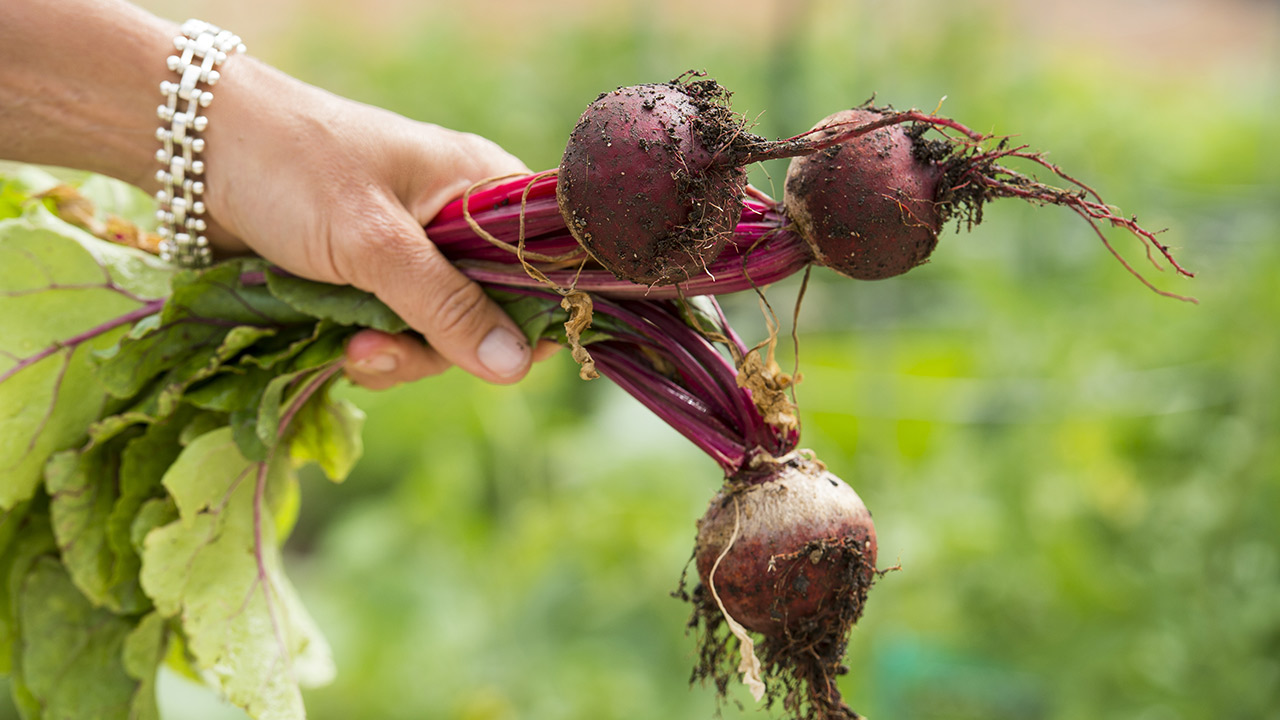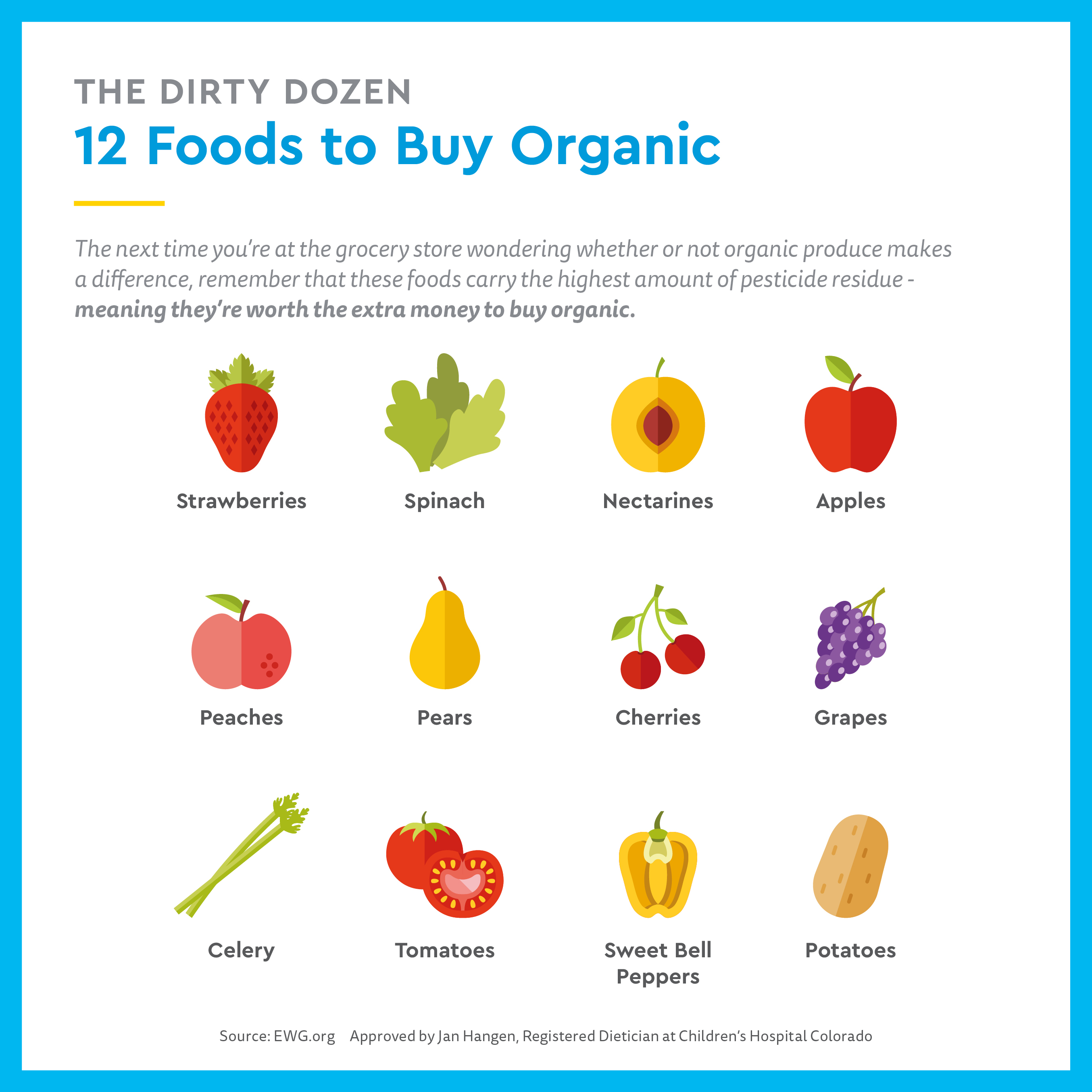- Doctors & Departments
-
Conditions & Advice
- Overview
- Conditions and Symptoms
- Symptom Checker
- Parent Resources
- The Connection Journey
- Calm A Crying Baby
- Sports Articles
- Dosage Tables
- Baby Guide
-
Your Visit
- Overview
- Prepare for Your Visit
- Your Overnight Stay
- Send a Cheer Card
- Family and Patient Resources
- Patient Cost Estimate
- Insurance and Financial Resources
- Online Bill Pay
- Medical Records
- Policies and Procedures
- We Ask Because We Care
Click to find the locations nearest youFind locations by region
See all locations -
Community
- Overview
- Addressing the Youth Mental Health Crisis
- Calendar of Events
- Child Health Advocacy
- Community Health
- Community Partners
- Corporate Relations
- Global Health
- Patient Advocacy
- Patient Stories
- Pediatric Affiliations
- Support Children’s Colorado
- Specialty Outreach Clinics
Your Support Matters
Upcoming Events
Mental Health Town Hall
Tuesday, April 23, 2024Join Children’s Hospital Colorado pediatric experts for a virtual...
-
Research & Innovation
- Overview
- Pediatric Clinical Trials
- Q: Pediatric Health Advances
- Discoveries and Milestones
- Training and Internships
- Academic Affiliation
- Investigator Resources
- Funding Opportunities
- Center For Innovation
- Support Our Research
- Research Areas

It starts with a Q:
For the latest cutting-edge research, innovative collaborations and remarkable discoveries in child health, read stories from across all our areas of study in Q: Advances and Answers in Pediatric Health.


When to Buy Organic Produce

Children’s Hospital Colorado clinical dietitian Jan Hangen, MS, RD, knows the pain of buying organic. “I went to the supermarket a few weeks ago and paid $15 for about five apples,” she laments.
She’ll readily acknowledge that’s not a practical expense for most families — including hers — and not even a possibility for many more. Still, as a dietitian, Hangen thinks some items are worth seeking out.
Making organic expenses count
Apples consistently make the Environmental Working Group’s “Dirty Dozen,” a yearly list of the 12 most pesticide-ridden non-organic fruits and vegetables, compiled from U.S. Department of Agriculture data. The worst offenders — which also include strawberries, spinach and nectarines — tend to absorb pesticides through their skin and into their flesh, making washing and peeling ineffective.
“There’s evidence that exposure to pesticides can have detrimental effects,” says Hangan, although she acknowledges that pesticide exposure is difficult to measure and study. Not much evidence exists to answer exactly how much pesticide is detrimental, or what the effects might be. There’s no question, however, that many fruits and vegetables contain pesticide levels high enough to provoke concern.
Subject to regulation, organic foods contain no chemical pesticides, though they may contain some naturally occurring ones. They’re also grown without chemical fertilizers, radiation or sewage sludge.
Still, for many families, it’s a tough sell. Buying produce and planning meals and using it all before it goes bad is hard enough without the extra cost of buying organic.
Ways to save on produce
Luckily, there are many ways to save. In addition to the Dirty Dozen, the Environmental Working Group puts out a yearly “Clean Fifteen” list of produce that typically doesn’t absorb much pesticide.
In addition, organic produce on the dirty dozen list is often much more affordable when it’s in season, especially at farmer’s markets. It’s also cheaper in bulk. After her own apple debacle, Hangen went to a big box store and bought a massive bag of organic apples for a fraction of the cost.
It’s a commitment, but Hangen thinks it’s worth the effort. She and her family shop and prepare food over the weekend to save prep time during the week. It’s become a staple time for her family to bond and connect, and her kids learn the value of eating well.
What works, in the end, will be different for every family. “It’s okay to start small,” says Hangan. “Maybe you try buying one organic fruit or vegetable a week and you make the decision for yourself: is it worth it?”




 720-777-0123
720-777-0123



